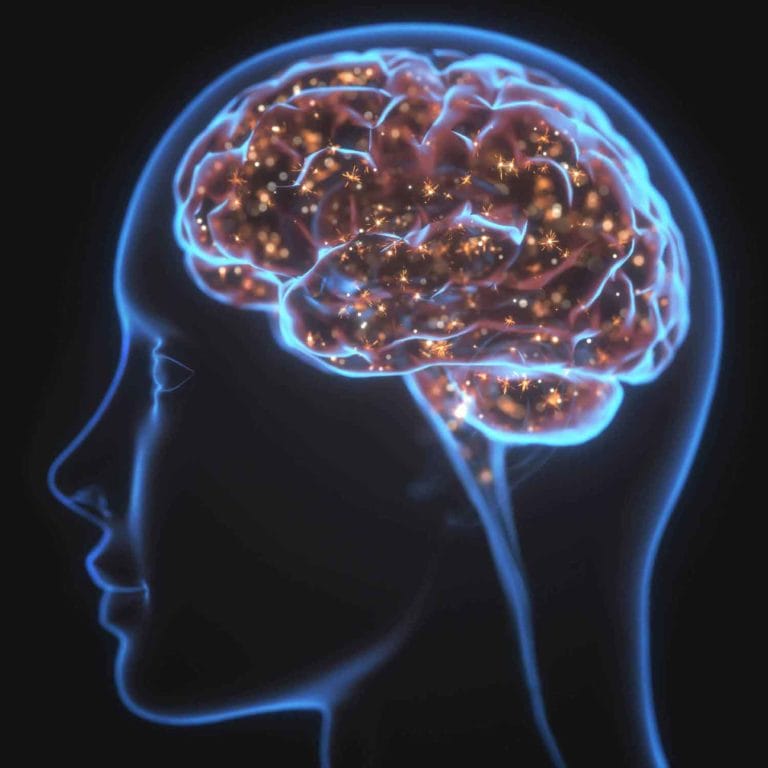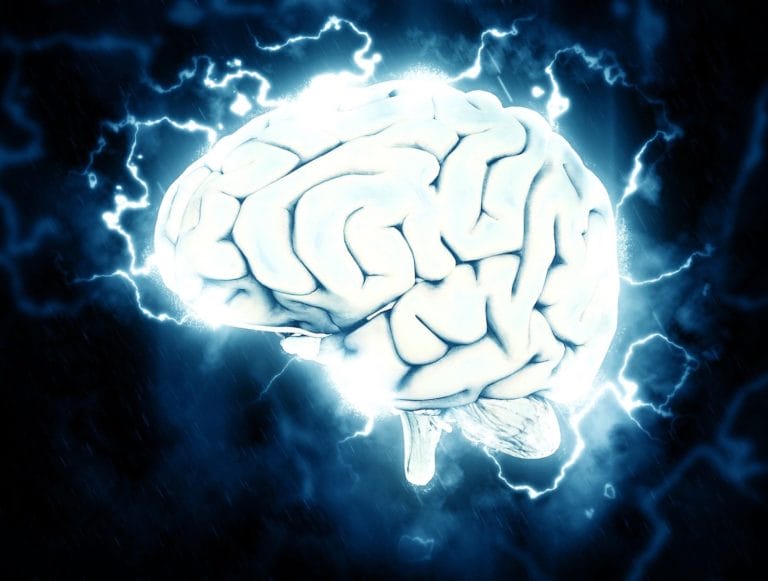What is generational trauma?
Imagine a little boy who was physically and verbally abused by his father for not performing well in school, so he grows up believing he must be perfect to be loved. When the boy becomes a man, he gets married and has a daughter. Determined to be different from his father, the man overly rewards his daughter for straight As, causing her to believe that she must be perfect to be loved.
The daughter grows up and has a baby girl of her own. She is determined to be the perfect mother and parents rigidly, forcing her daughter to “act right.” No baby of hers will throw a tantrum because it would reflect poorly on her as a mother. The baby girl grows up without an outlet to express her big feelings, so she begins cutting herself and struggles with anorexia.

Now imagine a little girl involved in a car crash. Without the opportunity to process her trauma, she becomes anxious and fearful, replaying the event in her mind. When she grows up and becomes a mother, her daughter is fearful, untrusting, and unwilling to take risks. The daughter struggles to develop healthy relationships and is diagnosed with OCD.
Generational trauma (also known as transgenerational or intergenerational trauma) is unresolved trauma whose negative effects are passed down to future generations within a family. The effects of the trauma are displayed in learned behaviors, patterns, and beliefs, but generational trauma can be difficult to identify because the initiating trauma is separated by a generation or more and is often hidden, unknown, or kept a secret.
Identifying generational trauma
Generational trauma is also commonly overlooked because the beliefs and behaviors are normalized within families. “Yeah, Dad cheated on Mom a few times, but it’s fine.” “Of course, we yell at each other every time we get together. That’s just how my family operates.” “We never hug or say, ‘I love you.’ That’s just not how we were raised.” “She’s just a type-A personality”.

Because of this normalization, generational trauma is most often uncovered by the recipient’s own adverse reactions. Common symptoms include high anxiety, depression, panic attacks, hypervigilance, a sensitive fight-or-flight response, insomnia, a faulty immune system, poor self-esteem, and addiction. And because the trauma-induced beliefs become ingrained in the brain, that rewiring can affect the recipient’s personality, communication skills, social and emotional development, and ability to form trust in relationships.
Healing and Preventing Generational Trauma

Mark Wolynn, in his book, It Didn’t Start with You: How Inherited Family Trauma Shapes Who We Are and How to End the Cycle, encourages those affected by generational trauma to open a dialogue with both their parents and their children.
He says, “Tell your children the terrible things that happened to you and whatever you know about what happened to your parents and your grandparents. They could be the unwitting recipients of painful feelings from the past. When you tell them what tragedies smolder in the family history, it can come as a great relief to them–especially if they make the connection that they’ve been carrying what belongs to you or to your parents or grandparents.” This can help you begin to break the cycle of secrecy and pain.
There’s a saying that people who go to therapy often do so because the people in their lives who should have gone to therapy didn’t. This is true for the victims of generational trauma. At The Finding Place, we use EMDR and Brainspotting in conjunction with other modalities to help you identify and resolve the negative patterns of beliefs and behaviors caused by deeply-rooted generational trauma in your family including anxiety, depression, shame, codependency, and addiction. We understand the complexities and nuances of trauma and are well-equipped to help you learn to cope, overcome, and heal.
It may not have started with you, but it can end with you. You can create a new narrative for yourself, your children, and your children’s children.
The Finding Place Counseling and Recovery is located in Little Rock, Arkansas. Our therapists see Arkansas residents for traditional therapy and/or intensive therapy and out-of-state clients for multi-day custom intensives. Please contact us to learn more about our services or to begin your healing process.






